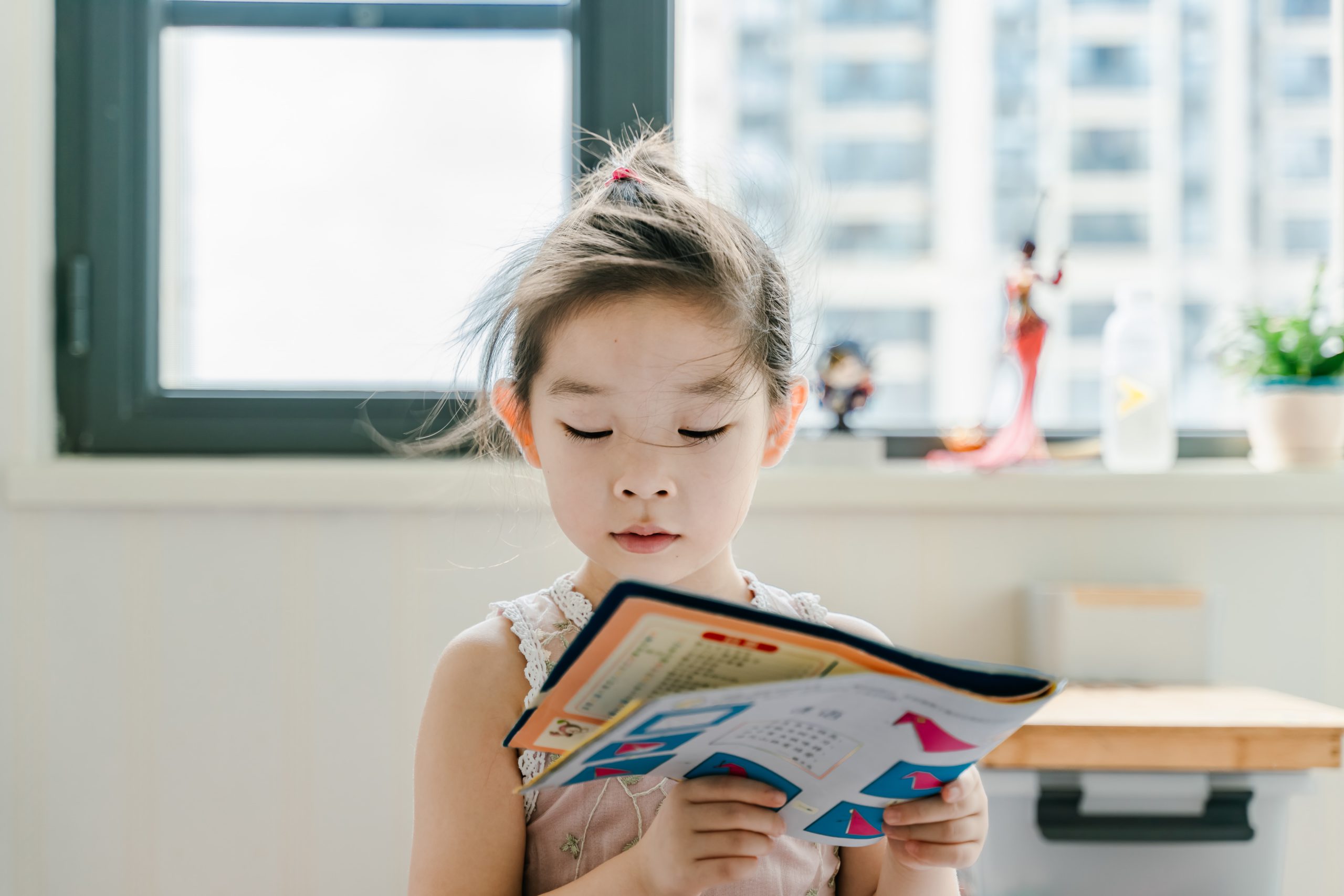The new Development Matters 2021 has a strong re-focus on the concept of ‘Curriculum’; which is best defined as ‘what we want children to learn’, and has triggered an extensive debate in the Early Years community; partly around the ‘pitch’ of expectation for YN and YR, but also around the notion of ‘progression’.
This latter debate is not new and developing a sophisticated understanding of curriculum entails recognising that the content of knowledge, skills and behaviours exists within the dynamic of movement and development. This concept of progress ensures that children become more knowledgeable and skilled as well as being able to sustain and develop critically important learning behaviours. We know, and agree, that children should acquire more knowledge in different ways and in different domains, become more skilled and confident in what that are able to achieve and be able to refine and adapt cognitive processes to realise, express and communicate this.
The new Development Matters, like its predecessors, provides EYFS Educators with Curriculum content and progressive ‘pathways’ to enable them to shape and refine the trajectories of children’s progress.
However, equally like its predecessors, the new Development Matters 2021 is not the entirety of the Curriculum. While it provides a (non-statutory) core of content and a sense of developmental progress, the true and real curriculum itself is much more sophisticated, complex and nuanced.
EYFS educators are continually involved in the process of teaching, and definitions of how this is managed in an Early Years context consistently acknowledge that this exists in a range of strategies, approaches and reactive decisions. This involves the interplay between Adult led learning and a child’s response to it; also this involves episodes where the child leads the learning and the adult does – or doesn’t – interact, challenge and support. What needs to be clearly defined and understood is that this process (the pedagogy) wraps itself completely around the content of what is learned, and therefore is the means by which the content and progression of the curriculum is achieved.
So, in considering the curriculum, and how we ensure that children make progress within it, there are several key principles that need to be foregrounded.
1. Progress is accumulative as children gain, refine and internalise skills, knowledge and behaviours. We can, and should, expect that ‘progress occurs’ when the opportunities, experiences and the quality of all aspects of teaching enable this to happen.
2. Progress is also non-linear and ‘broad’ as the experiences, teaching and provision enable the curriculum to be fully ‘owned’ by the child, meaning that they are able to use knowledges and skills confidently and expertly to support ideas, fascinations and self-motivated threads of thinking, communication and expression. This ‘deepening’ of the curriculum is crucial in ensuring that learning is authentic rather than superficial, and we need to be ever vigilant that we are not simply engaged in ‘coverage’ of specific statements.
3. Delivering the EYFS Curriculum is securing and progressing children’s knowledge and use of knowledge, skills and concepts, so that they can utilise these in their own activity. What is directly, and sometimes formally ‘taught’; needs to be done so in a way that enable the child to use it effectively.
4. Sensitive interactions, direct teaching and resource provision are pedagogical aspects, not features of the curriculum. Although these are part of ensuring that the curriculum is delivered, a careful distinction must take place to ensure that this realised.
Therefore, in practice, the curriculum within the EYFS, needs to considered in three ways:
1. The new Development Matters 2021 Statements are a central core of expectation, content and progression. While they form a central core of teaching and learning, they inevitably need to be supplemented and enhanced by the experiences provided. This will always need to be further defined by the context of the group, the knowledge of the educators and the directions of learning that the children themselves are driven to take.
2. A broad ‘direction of travel’, a sense of the kinds of contents that are going to be important and necessary for the children provides the starting points for teaching and learning. While this will of course need to be fluid, responsive, flexible and adaptable, a clear sense of purpose and outcome needs to be established.
3. The direct teaching of aspects of the curriculum is vital to introduce what ‘needs to be learned’. This is consolidated by the day to day, moment by moment interactions build curriculum outcomes by consolidating and extending knowledge, skills and behaviours and thus deepening what is being learned.
Learning Ladders has launched a new EYFS module specifically for International Schools, designed in collaboration with Jan Dubiel and leading Independent International schools. Find out more and book a consultation here.
(Updated from an original blog written January 2021)
